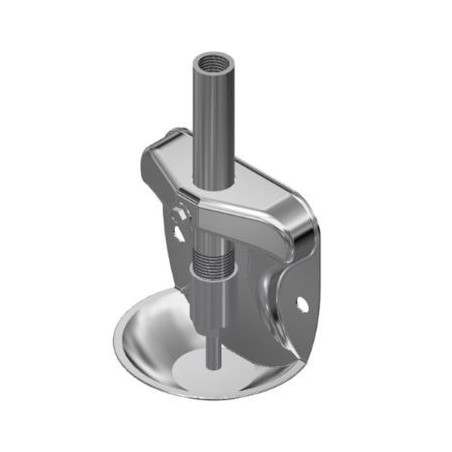Early-life gut microbial colonization is known to influence host physiology and development, shaping its phenotype. The developing gastrointestinal tract of neonatal piglets provides a "window of opportunity" for programming their intestinal microbiota composition and corresponding intestinal development. The aim of this study was to investigate the impact of early feeding on jejunum and colon microbiota composition, and intestinal maturation in suckling piglets. From two days of age, early-fed (n = 6 litters) piglets had access to solid feed containing a mixture of fibres until weaning (day 29) in addition to sow's milk, whereas the control (n = 6 litters) piglets exclusively fed on sow's milk. The eating behaviour of piglets was daily assessed by means of video recordings. At the end of the suckling period, 14 pigs per treatment were euthanized to collect jejunum, ileum and colonic segments for morphological analyses, and its luminal content for microbiota, pH and short-chain fatty acid determination.
Early feeding elicited a significant impact on the colon microbiota, whereas no such effect was seen in the jejunal and ileal microbiota. Quantified eating behavioural scores could significantly explain the variation in microbiota composition of early-fed piglets and support their classification into good, moderate, and bad eaters. Members of the Lachnospiraceae family, and the genera Eubacterium, Prevotella, and Ruminococcus were quantitatively associated with eating scores. A decreased pH in caecum and colon was identified in early-fed piglets, which coincided with increased short-chain fatty acid concentrations. Moreover, they also had increased weights and lengths of several intestinal tract segments, as well as a decreased villus-crypt ratio in jejunal mucosa and an increased abundance of proliferative cells in colon mucosa.

The approaches in this study indicate that early feeding of a mixed-fibre (pre-weaning) diet changes the microbiota composition, pH, and fermentation products in the distal gut of piglets, while it also alters both macroscopic and microscopic intestinal measurements. These results exemplify the potential of early feeding to modulate intestinal development in young piglets.
Choudhury R, Middelkoop A, De Souza JG, Van Veen LA, Gerrits WJJ, Kemp B, Kleerebezem M. Impact of early-life feeding on local intestinal microbiota and digestive system development in piglets. Scientific reports. 2021; 11(1): 1-16. https://doi.org/10.1038/s41598-021-83756-2





